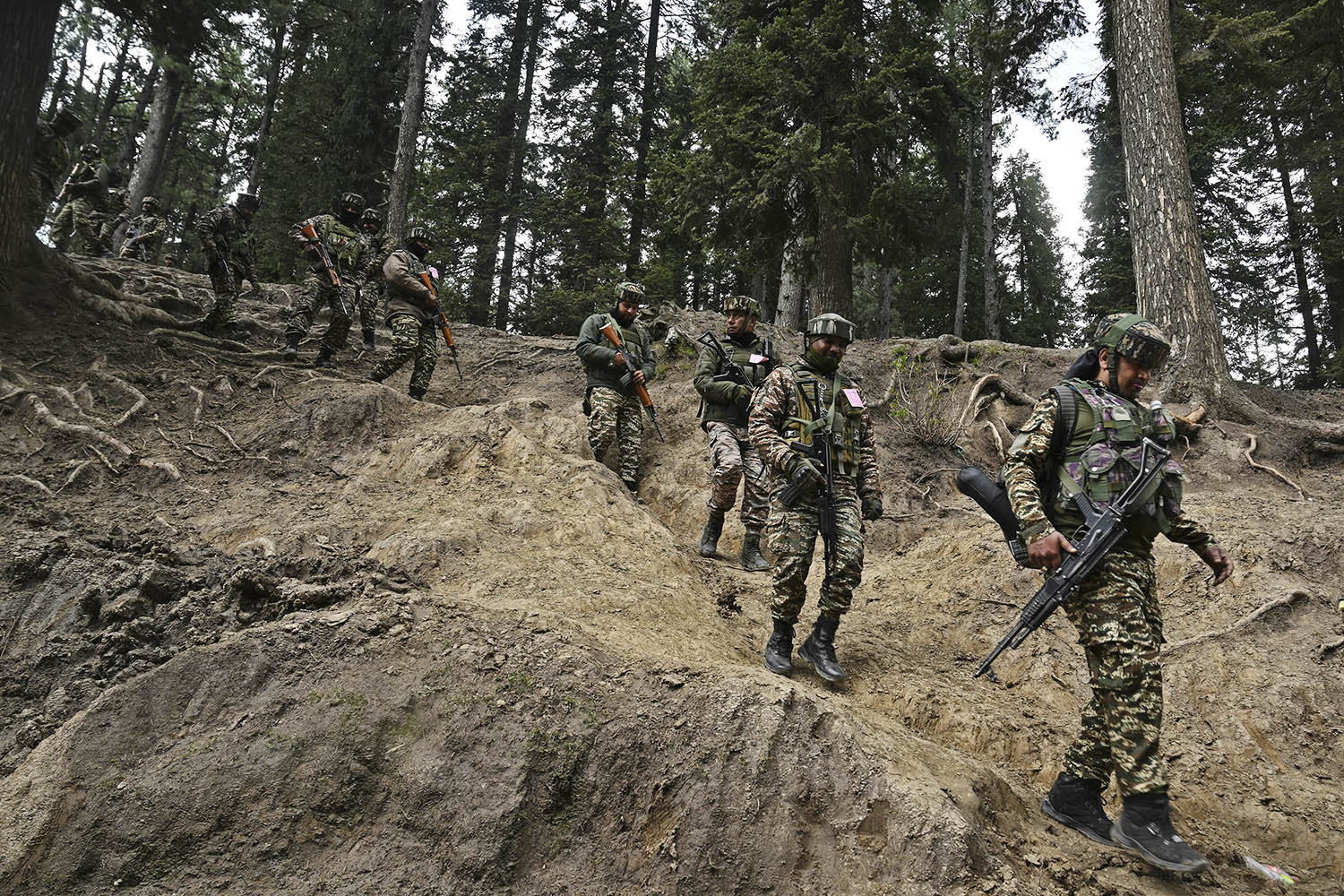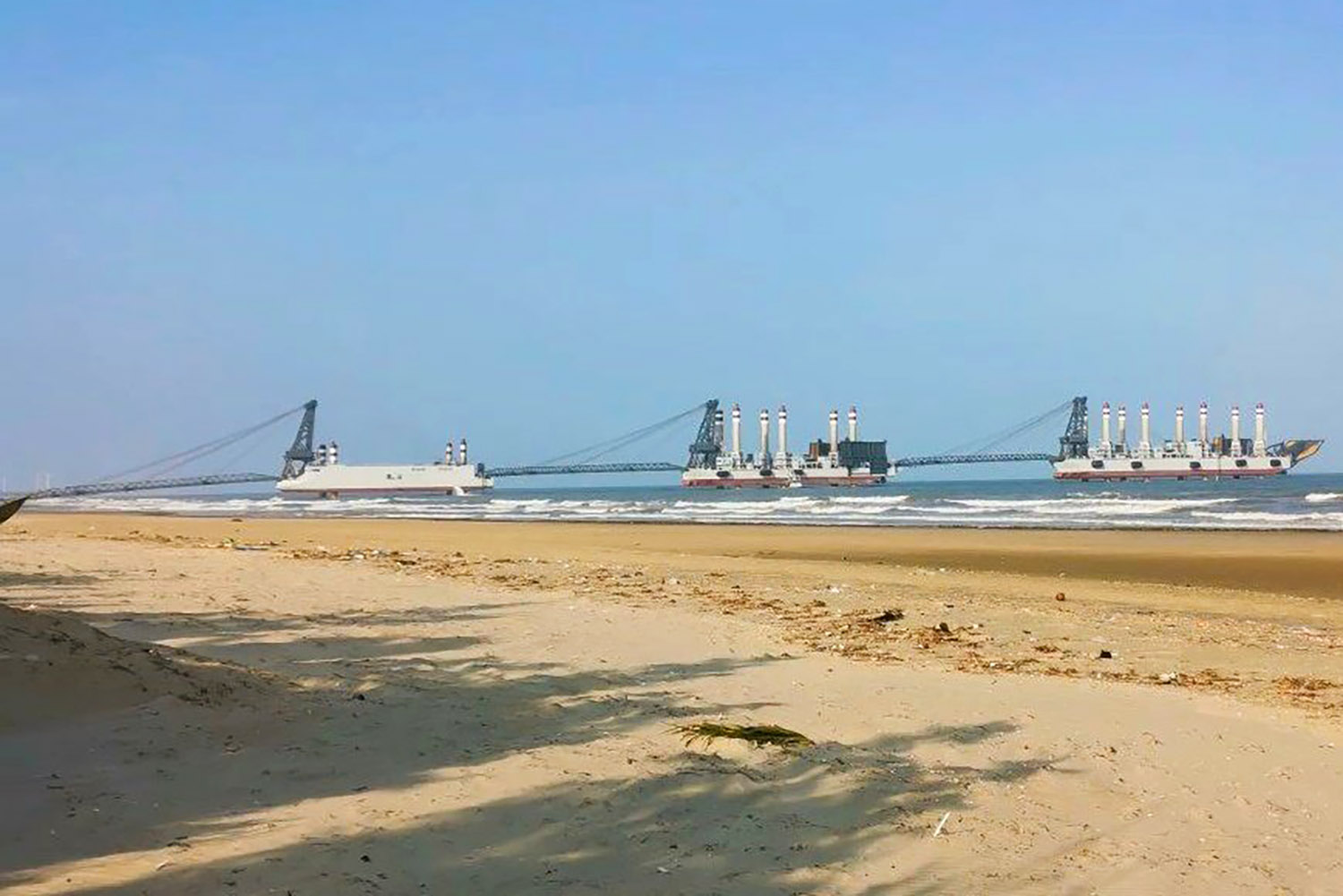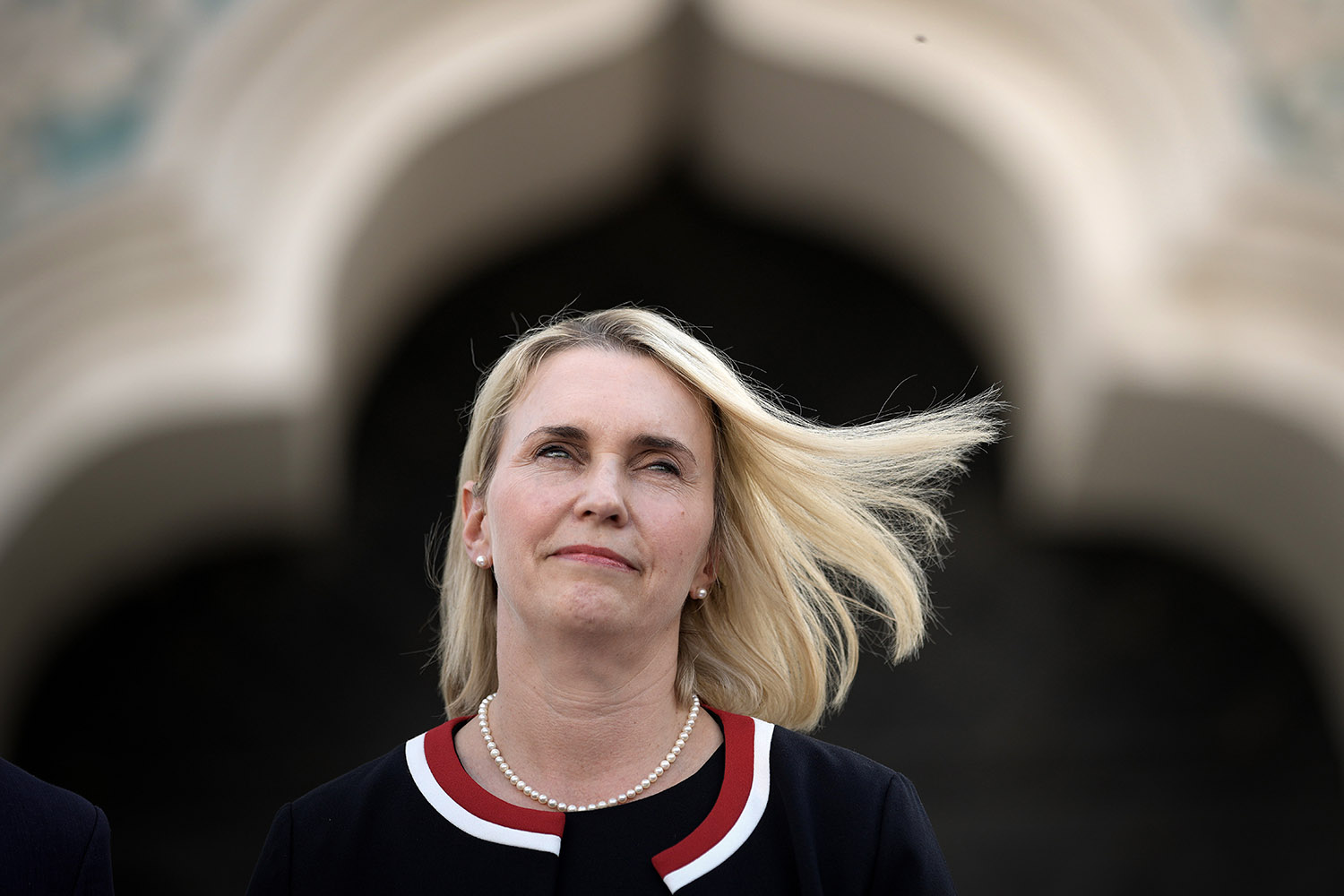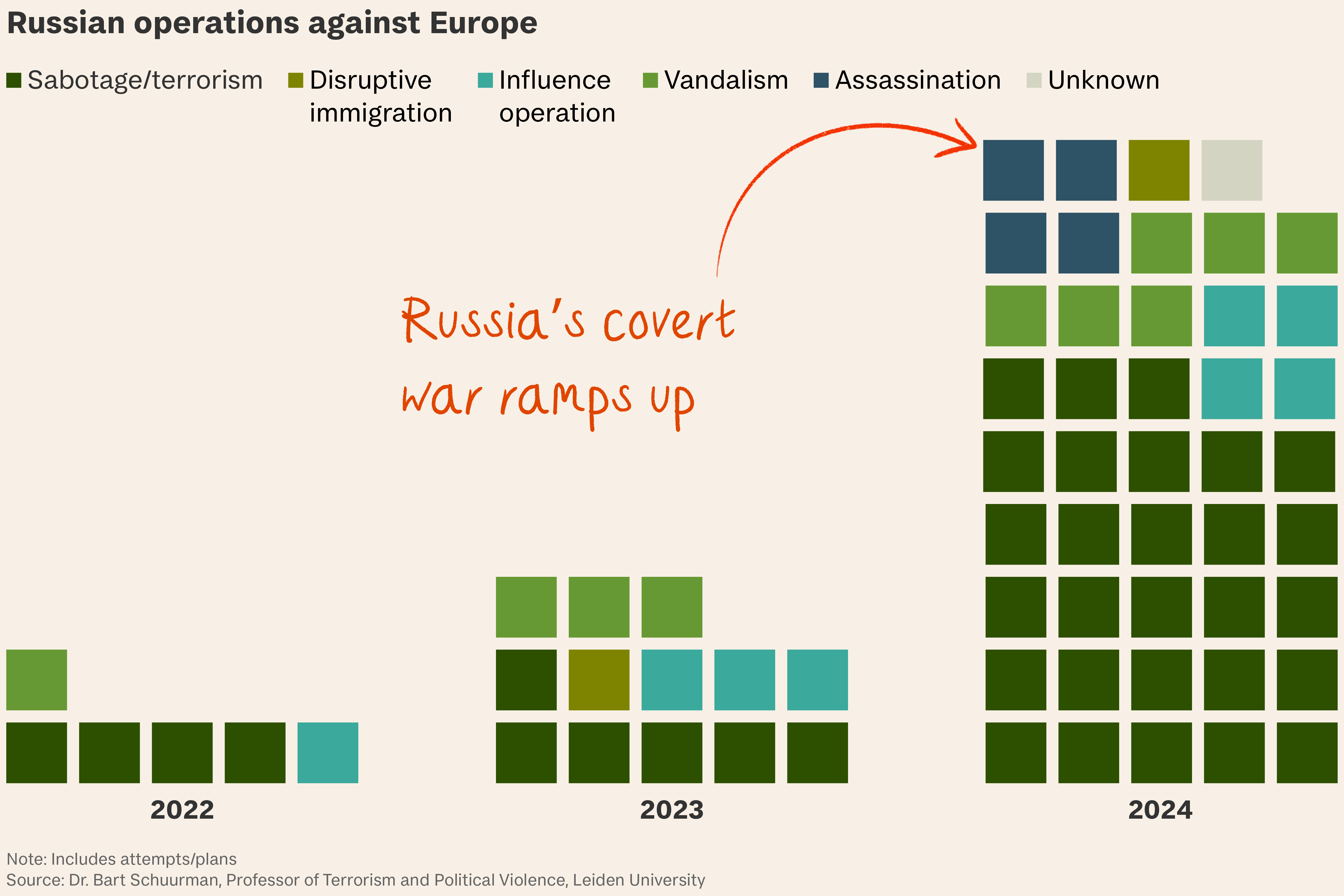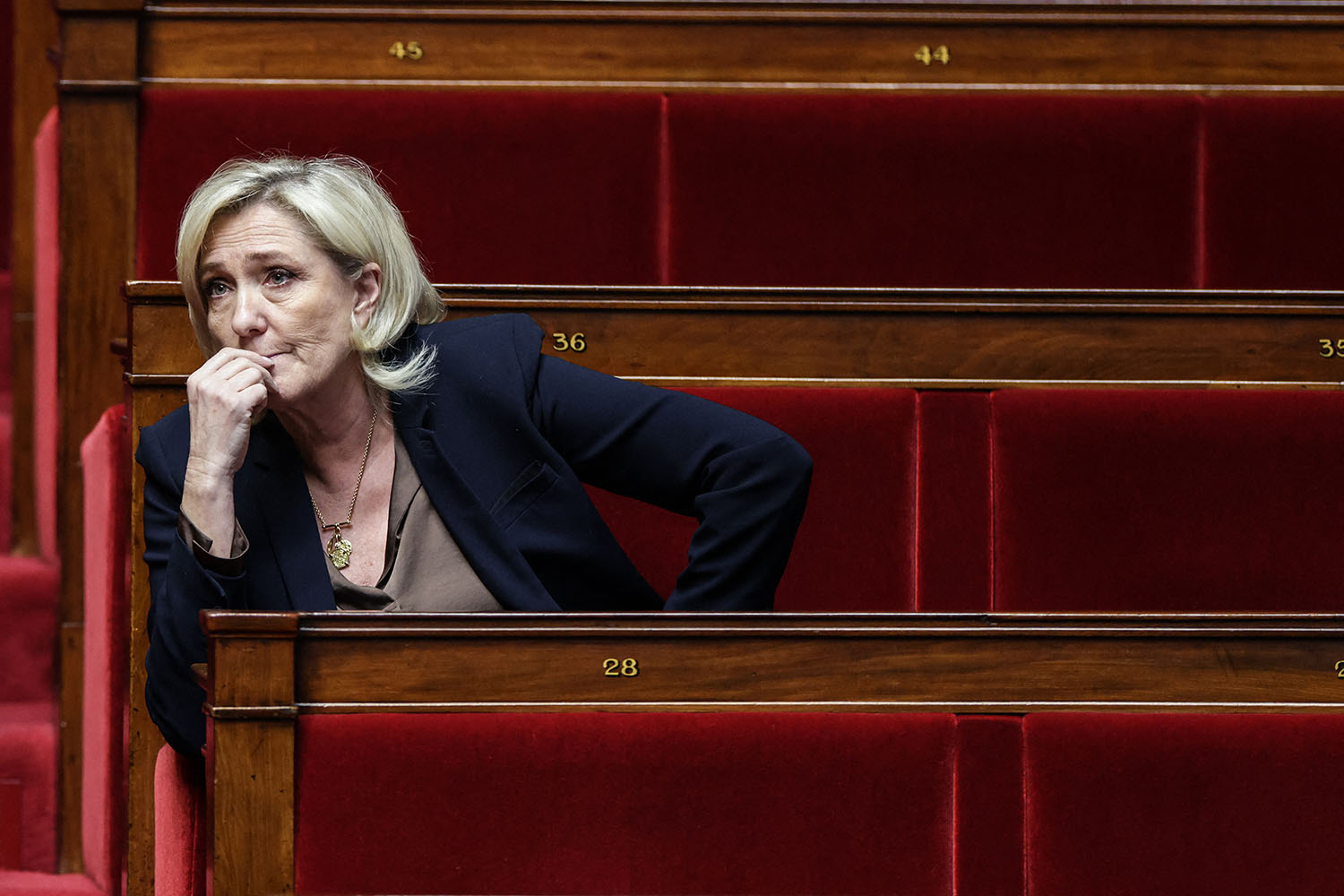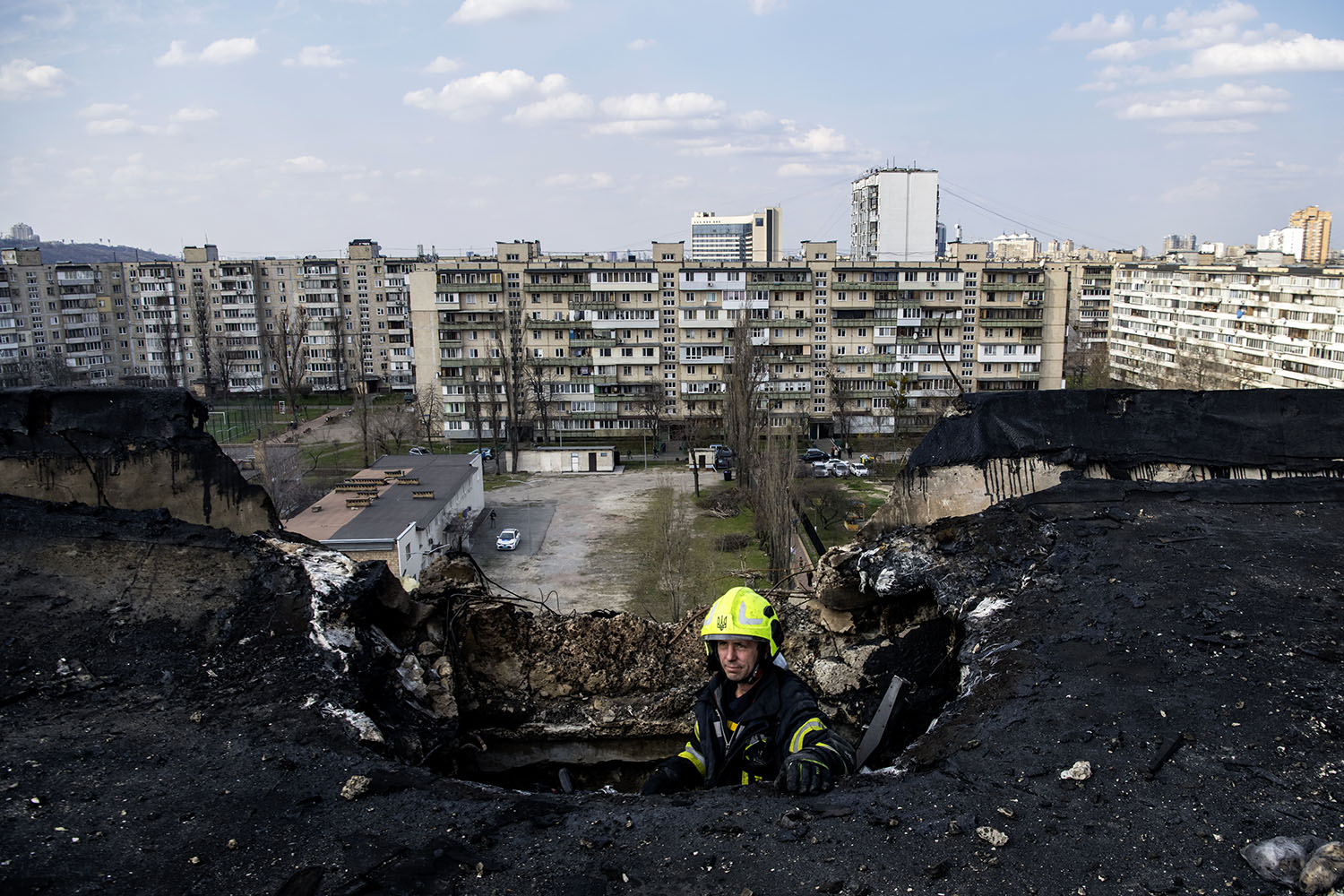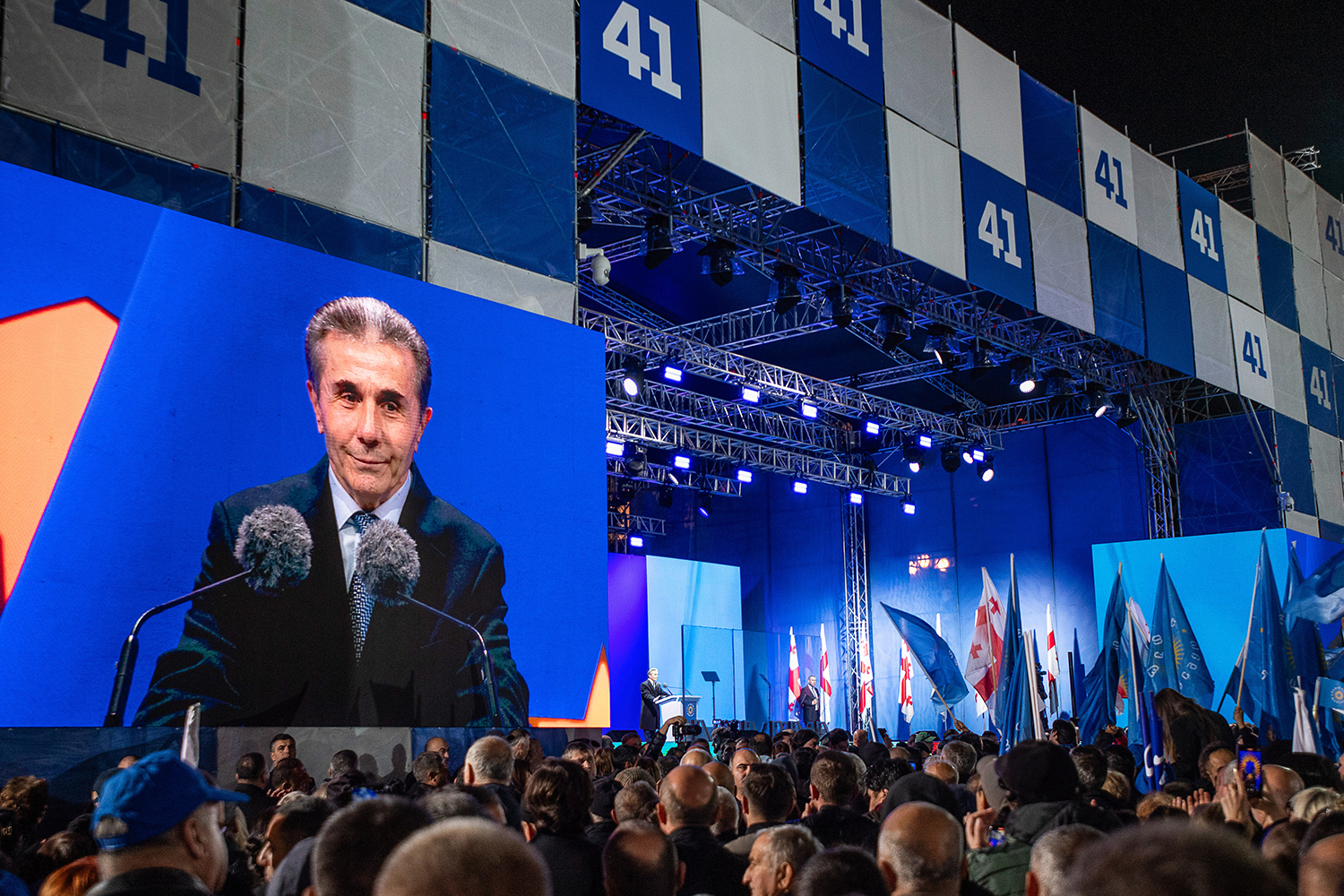
Georgians want to join the EU, but a pliant government is dragging their country back into Russia’s orbit
Georgia’s pro-Russia ruling party claimed victory last night in hotly contested parliamentary elections.
So what? Observers say the vote was rigged. The opposition has vowed to fight on. Street protests are likely. But whatever happens, Putin’s acolytes in Georgia have pulled off an extraordinary feat by
- presenting a choice between partnership with Europe and Russia as a choice between war and peace;
- holding Georgia in a “grey zone” on Russia’s fringe even though 80 per cent of its people regularly say they want to join the EU; and
- co-opting the theatre of democracy to spread political corruption and promote the interests of the Kremlin.
Moscow rules. Russia has quietly cheered its client party, Georgian Dream (GD), accusing the West of seeking another “colour revolution”. The government’s election campaign was simple but effective, sowing fear among credulous voters (especially older ones in rural areas) that the opposition backed by Western elites would spread the war in Ukraine to Georgia.
Georgia’s past. Georgia has a turbulent history of conflict and colonial subjugation at the hands of its northern neighbour, most recently in a 2008 war over South Ossetia. Russia now occupies the Georgian territory, along with another breakaway region, Abkhazia.
GD recently floated the idea (with nothing yet to show for it) that a deal with Russia to get them back might be on the cards.
Western neglect. The Georgian government’s relationship with Western partners, who have pumped billions of dollars into democracy and development into the country since the 1990s, is fraying at the seams.
- In Tbilisi, GD has fuelled negative perceptions of the West, flooding social media and the airwaves with Kremlin-like disinformation portraying a morally bankrupt EU forcing gay propaganda on a nation built on “traditional”, Orthodox Christian values.
- In Washington, citing “backsliding on democracy”, the US has sanctioned some GD officials and suspended budgetary aid.
- In Brussels, the European Commission has suspended accession negotiations following GD’s introduction of laws targeting civil society and the LGBTQ community.
Those laws prompted large-scale street protests in Tbilisi earlier this year led by a liberal Gen Z youth movement, and it looked as if pro-Western voters could punish GD at the ballot box.
Never mind the ballots. Credible exit polls on Saturday evening showed a win for opposition parties who had pledged to put the country back on track with the EU. But elation quickly evaporated when the Central Election Commission gave GD 53 per cent.
How come? This seems to have been a carefully calibrated strategy by GD. Over time it has steadily eroded the independence of institutions including the election commission, whose exit poll this year diverged sharply from those of independent pollsters whose findings it tracked in previous elections.
- Clean-ish. Liberal Tbilisi resoundingly rejected the government.
- Dirty. In other regions election monitors observed unprecedented pressure on voters to skew the outcome through intimidation and coercion.
“These elections were neither free nor fair,” Michael Roth, chair of the Bundestag’s foreign affairs committee, said last night, warning against the “Belarusification” of Georgia.
Bidniz matters. Georgian politics cannot be understood without accounting for Bidzina Ivanishvili, the oligarch leader of GD whose personal worth estimated at $7.6 billion is a quarter of the country’s GDP. In a weirdly candid pre-election interview, Ivanishvili confessed to a personal animus against the West for allegedly blocking access to millions of dollars owed to him by Swiss bank Credit Suisse.
Heckling from the Kremlin. After the vote, the Putin propagandist Margarita Simonyan crowed that “Georgians had won”, implying that Western involvement had failed. Certainly this is the result the Kremlin wanted: continuity for a government that has been
- cultivating relations with Russia;
- welcoming Russian businesses; and
- enriching itself to the tune of $1.2 billion in government contracts awarded to companies associated with public officials since 2023.
What’s more… Inflation, unemployment and low wages have only accelerated an exodus of poorer Georgians seeking a better life elsewhere.
